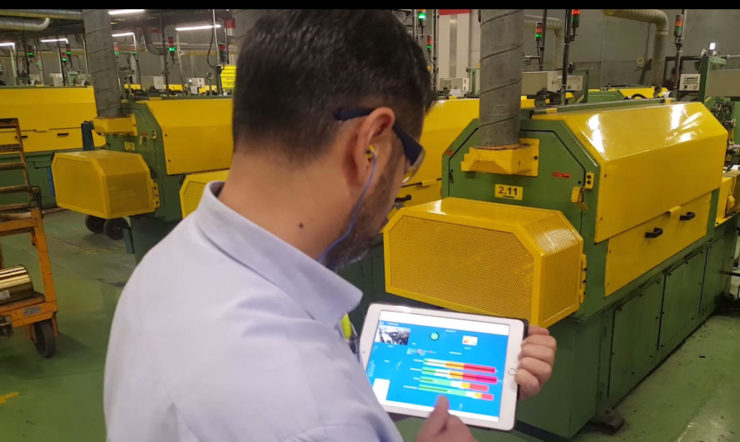Every technology goes through an age of discovery and an age of implementation. Today, AI is hurtling full speed through its age of implementation. Companies are applying this technology to empower employees, engage with customers and transform their businesses.
“All the big tech companies are spending money on AI capabilities. They have explicit visions to master human thinking and behaviour. When you combine it with computing power, it will be inevitable.” – Skandia
Microsoft and EY surveyed 277 companies, across 7 sectors and 15 countries to understand how AI is being used by businesses across Europe. We identified the eight most recognised capabilities needed to successfully create value from AI. Company executives who are leading the way in AI were asked to rank the importance of these capabilities.
The Eight Most Important Capabilities
Realising the Potential of AI
Advanced Analytics came out as the most important AI capability among the companies surveyed.
This is perhaps not surprising. The backbone of AI is made up of skilled, intelligent minds capable of understanding business problems at the granular level and deploying AI to effectively solve these problems.
This survey reveals a major lack of technical data skills to meet the drastically rising demand for AI. Finding and hiring AI experts has become extremely competitive. Functional AI experts are now often paid higher salaries than their superiors. In some cases, new HR policies are even being drafted to reflect evolving requirements.
Data Management is second. This survey found a significant proportion of the time companies dedicate to AI is spent on data management related tasks. Companies reported that they are spending 2-3 years building the necessary data infrastructure for AI. Companies with the most ambitious AI visions are still spending the majority of their time fine-tuning their infrastructure.
The third most important capability was AI Leadership. This underscores the need for leaders to understand and articulate a clear AI vision.
Fostering an Open Culture came next. To do this successfully leaders must be transparent with ongoing AI projects and their desired outcomes.
Understanding how to deploy the right Emerging Technologies came fifth, followed by Agile Development. Fast experimentation and iterative processes using evolving technology should promote quick internal learning.
External Alliances ranks second to last in terms of importance. Perhaps this is because it’s an area where leaders already perceive themselves be the most in control. Bringing behavioural science into play via Emotional Intelligence is seen as the least important AI enabling capability. This may be due to companies still getting to grips with the complex technical skills before moving onto more advanced human cognitive skills.
The Leading Sectors
Sectors that are more mature in using AI report higher competency in Advanced Analytics – particularly TMT (Telecom, Media/Entertainment and Technology). Life Sciences companies (including Healthcare & Pharma) report lower competency in AI Leadership. A possibility is that in the pharmaceutical industry, AI chiefly resides in R&D, and has yet to affect the broader organization on the wider strategic level.




















